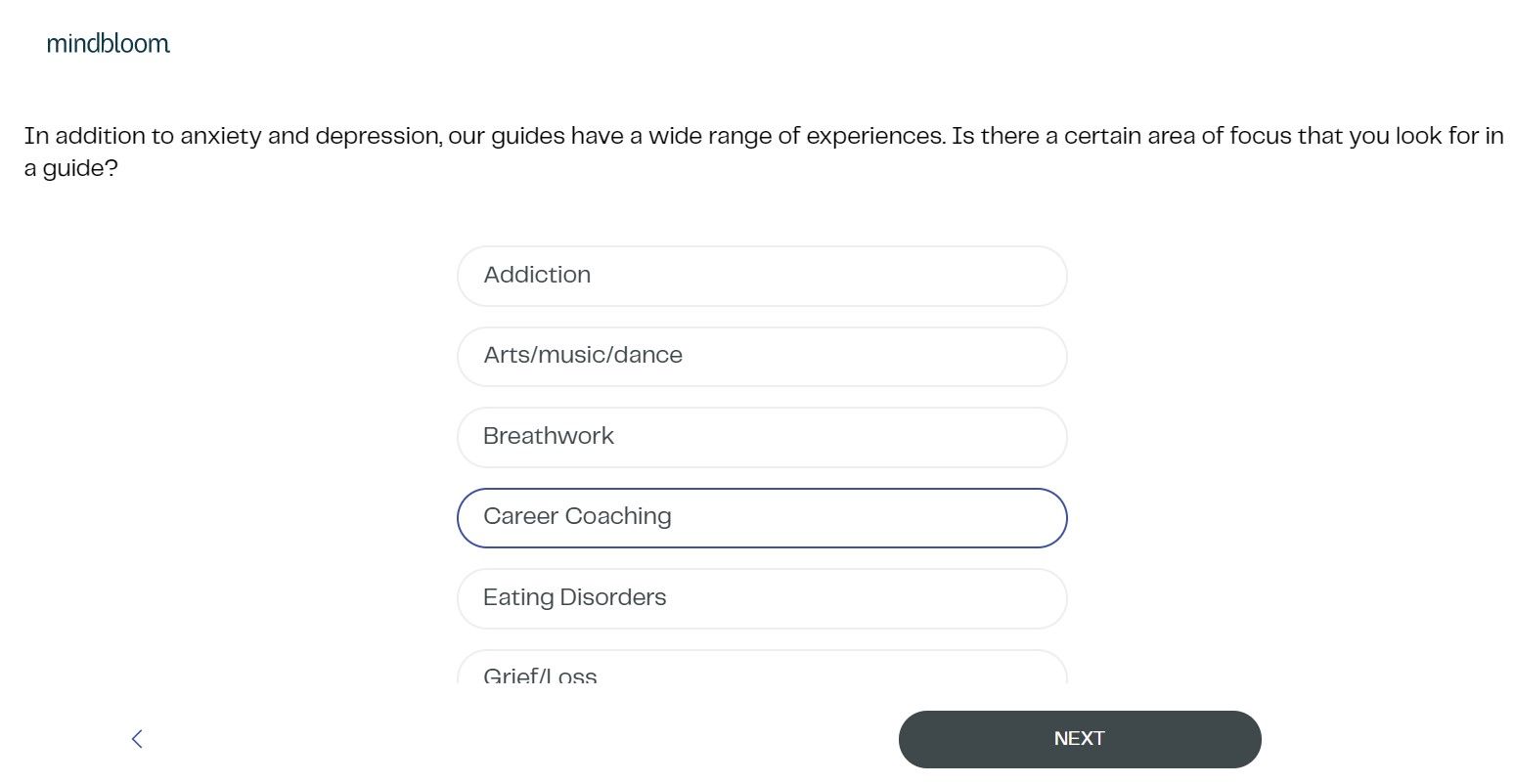If you’ve been preparing for a role for so long, and you get rejected, it affects you badly. According to Glassdoor, only one person in 250 people gets the job. That means, 249 people have to deal with rejection.
However, it doesn’t always have to feel lousy. If you're already prepared, dealing with rejection can get easier. Let's discuss how you can cope with rejection during your job search.
1. Quit Stressing and Find Out What Went Wrong
Once your whining period is over, try thinking rationally. Figure out what went wrong. If you prepared for this role so hard and still got turned down, you deserve a little explanation. So pick up the phone or email the recruiter and ask them for feedback. Ask them clear-cut questions.
If the hiring process included multiple stages, review each of the stages and rate your performance. Fathom out where your performance wasn’t up to the mark. Ask yourself, what could you have done differently.
Once you’ve gathered all the feedback and analyzed everything, determine what brought you down. Finally, work on it. Develop or improve the skills, which if you had, could have won you the job.
You can also take offline classes if time allows, or online classes, using platforms like Udemy, Coursera, or The Great Courses to develop certain required skills.
2. Develop a Professional Development Plan
Sometimes, even if you’re great at what you do, you still get rejected. And you wonder why. Well, here the reasons could be your personality traits or the ones required for the job like good communication skills or immense confidence, etc., that you lacked.
For example, if you're applying for the role of an HR manager, your lack of empathy or bad organizational skills can be a total deal-breaker.
The best approach to such a situation is to figure out the characteristics you must have for the job you’re applying for and create a complete plan to develop them.
The following resources can be of help.
Online Courses
If you need some specific skills for a job, you may need to do some research. Although, if it’s the beginning of your career, and you have little time on your hands, these online courses may help.
- Complete Personal Development Personal Transformation Course (for beginners).
- Performance Under Pressure — The Full Course (for intermediate learners).
Mindbloom.com
It’s a wonderful platform that can help you in the process of your professional growth. All you have to do is create a tree with multiple branches representing the traits you’re working on. Similarly, your inspiration and actions will work together like the sun and the water.
The only way to have your tree thriving is to constantly improve the personality traits you’re working on.
3. Refine Your Approach
If you’ve been applying for a job for so long now and the results aren’t very impressive, consider refining your job search. It’s especially true if it’s the beginning of your career.
Maybe what you’re looking for is far from what you really aspire to. And your lack of excitement for that job makes it easily visible. Believe it or not, but the people sitting on the other side of the table during interviews can smell these things from miles.
If this is the case, consider improving your job search.
- Instead of applying for all the jobs, figure out the type of employment you really want—contract basis or full-time?
- Get a clear idea of the compensation you want for this type of work.
- Search for the job by occupation instead of its title. You may find yourself qualified for more positions than you thought.
- Put in more effort. Instead of sending one resume to all, fine-tune it for every job you apply for.
- If you are only spending two hours a day on your job search, increase it by one or two hours.
4. Realize It’s Not Personal
Despite how cruel it felt, it wasn’t personal.
Human beings tend to put everything that hurts in the category of bad things. The same is true for rejections. It hurts really bad, which makes people think about it negatively. Sometimes they go too far and start questioning their abilities.
That’s why it’s essential to understand that it’s not always about you. For instance, oftentimes the interviewer decides to make some last-minute changes, wants a local to work for the company, or finds a candidate who shares their personal interests. Now, these things have nothing to do with you or your ability to perform work.
So, stop beating yourself up. Only work on things that you can realistically change or improve. For instance, if you get rejected because of your own fault, like sending the wrong resume, not researching the company beforehand, showing up late, etc.
5. Manage the Negative Response and Your Expectations
We all have the ability to get negative whenever even a minor bad thing happens to us. We start behaving like the entire universe is building a conspiracy to make our lives miserable. Although, in reality, we all know it’s far from the truth.
So stop phrasing vague sentences like, it always happens to me. I’m never going to make it. Why me?
Instead, rephrase these statements to something that gives you a direction or an outcome. For instance:
- What were the exact reasons they rejected me?
- What traits did the person have who got hired? Is there any way I can develop them? Are they actually necessary for the job?
- If yes, how can I build those skills?
- There are a thousand companies in my country. I’m sure some of them out there will need my services. I just have to try a bit harder.
Apart from this, even if you had worked extremely hard for a job interview, never merely sit back waiting for its results. Instead, keep applying. Sometimes, our excessive faith in something can be dangerous if the results don’t happen to be the same.
So, don’t do that with yourself. Be 95% positive, but stay prepared for the 5% if it takes a different direction.
6. Prepare Yourself Mentally
When all is said and done, you still have to deal with your current situation. And one of the best ways to deal with job rejection is to prepare yourself mentally. Acknowledge that even if you get rejected, you’re better than most people who aren’t even trying.
Your rejection implies that you’re stepping out of your comfort zone and taking steps towards your goal. And it’s okay to fail. Google search the name of all the successful people who failed endlessly, but now rule the world or have had in their time.
Your rejection doesn’t define who you are. One company or one person doesn’t decide your abilities to achieve something or work in a certain industry.
Here are some ways to use your phone to help you be mentally strong:
- Follow positive people on social media.
- Use apps like Happify, Calm, or BetterHelp.
Rejection Is Merely a Part of the Process
At the end of the day, it’s all about staying strong, mentally, spiritually, and physically.
Everyone has their own way of dealing with stress or difficult situations. So do your thing for some time, but keep it from overwhelming you. Use the tips explained here to handle and cope with rejection the better way.

-2.jpg)


